Intended Use
Sabouraud Dextrose Broth (DM233H) is recommended for the cultivation of yeast, mould and aciduric bacteria from pharmaceutical products using the microbial limit testing in compliance with the harmonized methodology of USP/EP/BP/JP.
Product Summary and Explanation
The first microorganisms recognized were “fungi” as some of the fruiting structures, such as the mushrooms, are large enough to be seen without a microscope. On the basis of morphology, they can be grouped simply as either yeasts or moulds.(1) Fungal diseases that occur on the skin, hair and mucous membrane are called superficial mycoses, and the organism that cause them, the dermatophytes.(2) It is good practice to use a medium that favors the growth of fungi but is not optimal for the growth of bacteria, when fungi are to be isolated.
Sabouraud Dextrose Broth is a modification of Dextrose Agar described by Sabouraud.(3) It is useful for the cultivation of fungi. This medium is recommended for microbiological examination of non-sterile products and its formulation is in accordance with the harmonized method of USP/EP/BP/JP.(4,5,6,7)
Principles of the Procedure
Sabouraud Dextrose Broth is typically supplemented with dextrose to support the growth of fungi. Peptic digest of animal tissues and pancreatic digest of casein provides nitrogen, vitamins, minerals, amino acids and growth factors while Dextrose provides the energy source. The low pH favours fungal growth and inhibits contaminating bacteria from clinical specimens.
Formula / Liter
| Ingredients | : Gms / Litre |
| Dextrose | : 20.00 |
| Mixture of Peptic digest of animal tissue and Pancreatic digest of casein (1:1) | : 10.00 |
| Final pH: 5.6 ± 0.2 at 25°C | |
| Formula may be adjusted and/or supplemented as required to meet performance specifications | |
Precautions
1. For Laboratory Use only.
2. IRRITANT. Irritating to eyes, respiratory system, and skin.
Directions
1. Suspend 30 grams of the medium in one liter of purified/distilled water.
2. Heat if necessary to completely dissolve the medium.
3. Dispense as desired and autoclave at 121°C, 15 psi pressure, for 15 minutes/validated cycle.
Quality Control Specifications
| Dehydrated Appearance | : Cream to yellow homogeneous free flowing powder |
| Prepared Medium | : Light amber coloured clear solution in tubes |
| Reaction of % Solution | : Not Applicable |
| Gel Strength | : Not Applicable |
Growth Promotion Test
Growth Promotion was observed in accordance with the harmonized method of USP/EP/BP/JP after an incubation at 30-35°C for 3-5 days.
Growth promoting properties
Clearly visible growth of microorganism comparable to that previously obtained with previously tested and approved lot of medium occurs at the specified temperature for not more than the shortest period of time specified inoculating 100 cfu (at 30-35°C for 3-5 days).
Expected Cultural Response: Cultural characteristics observed after incubation at 20-25°C for 3-5 days.
| Sr. No. |
Organisms | Results to be achieved | ||||
| Inoculum (CFU) |
Growth | Incubation temperature |
Incubation period |
|||
| Growth promoting | ||||||
| 1. | Candida albicans ATCC 10231 |
50-100 | luxuriant | 30-35°C | <=3 days | |
| Growth Promotion + Total Yeast and Mould count | ||||||
| 2. | Candida albicans ATCC 10231 |
50-100 | luxuriant | 20-25°C | <=5 days | |
| 3. | Aspergillus brasiliensis ATCC 16404 |
50-100 | luxuriant | 20-25°C | <=5 days | |
| Additional Microbiological Testing | ||||||
| 4. | Saccharomyces cerevisiae ATCC 9763 |
50-100 | luxuriant | 20-25°C | 3-5 days | |
| 5. | Saccharomyces cerevisiae ATCC 2601 |
50-100 | good- Luxuriant |
20-25°C | 3-5 days | |
| 6. | Candida albicans ATCC 2091 |
50-100 | luxuriant | 20-25°C | 3-5 days | |
The organisms listed are the minimum that should be used for quality control testing.
Test Procedure
Refer to appropriate references for standard test procedures.
Results
1. After sufficient incubation, Examine containers for fungal growth exhibiting typical colour and morphology.
2. Subculture colonies of interest so that positive identification can be made by means of biochemical testing and/or microscopic examination of organism smears. Refer to appropriate references and standad test procedures for interpretation of results.
Storage
Store the sealed bottle containing the dehydrated medium at 10 – 30°C. Once opened and recapped, place container in a low humidity environment at the same storage temperature. Protect from moisture and light.
Expiration
Refer to the expiration date stamped on the container. The dehydrated medium should be discarded if not free flowing, or if the appearance has changed from the original color. Expiry applies to medium in its intact container when stored as directed.
Limitations of the Procedure
Some fungi may be inhibited by the acidic pH of the medium and by the antimicrobics in the selective media(5-7).

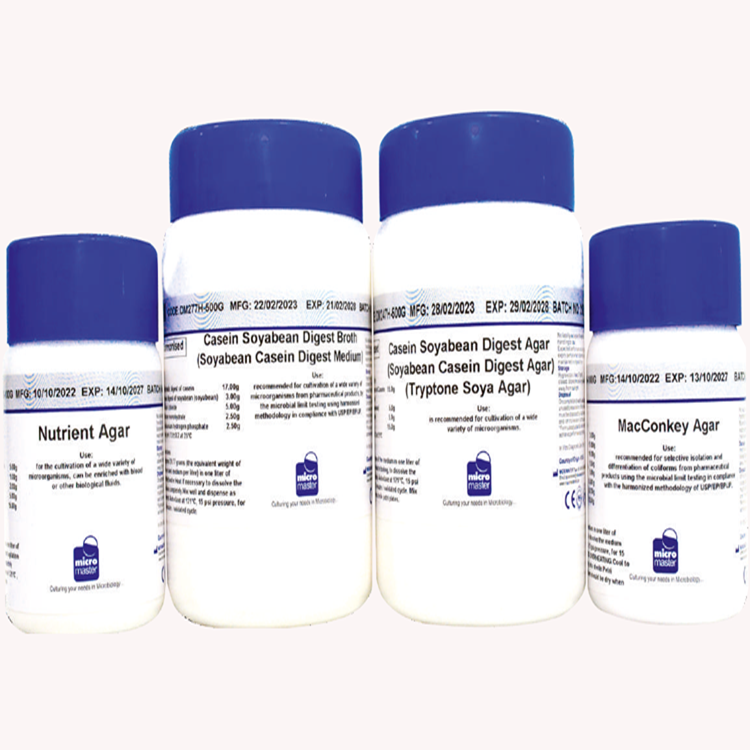
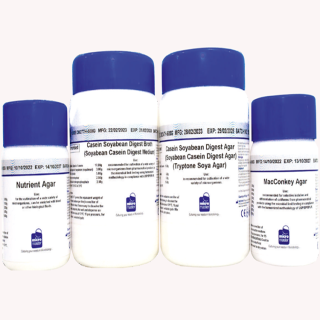

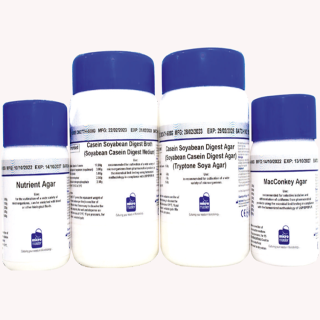

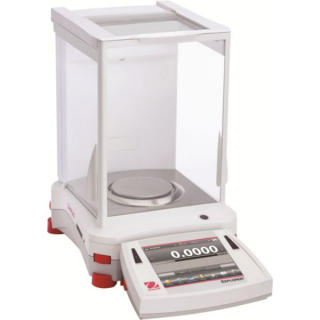

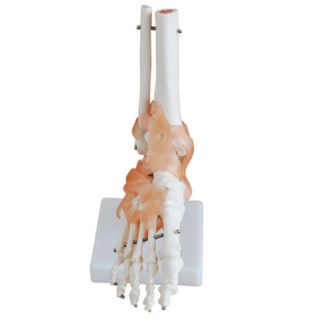
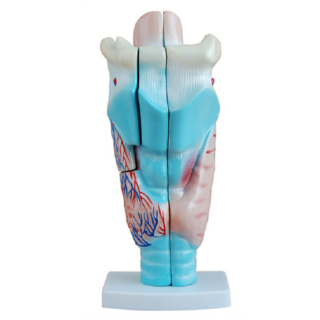
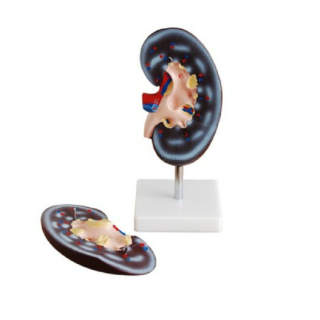

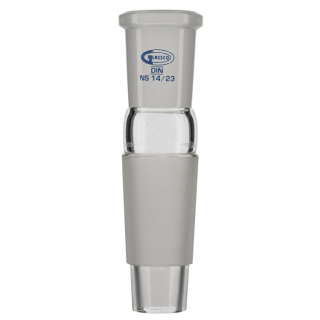
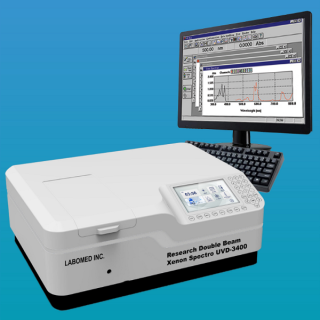
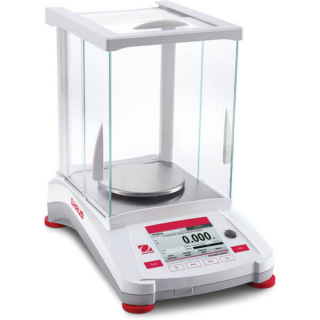

Reviews
There are no reviews yet.